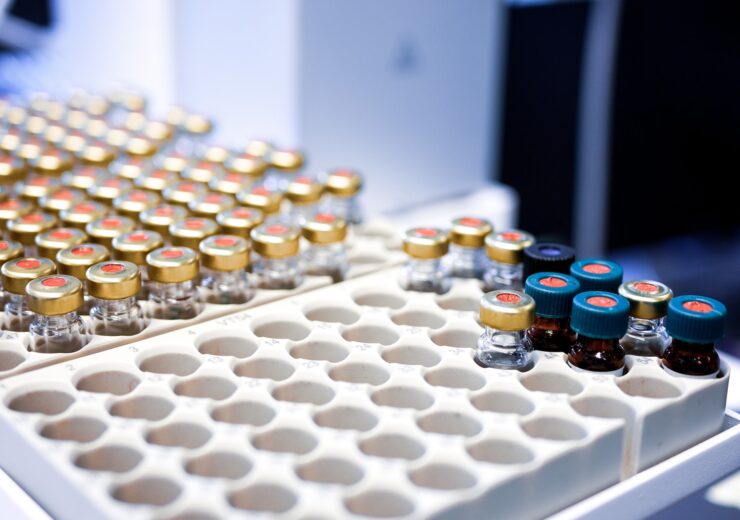The patent is said to validate the unique combination of multiepitope that is given to patients with HLA-A2 positive non-small cell lung cancer when PD-1/PD-L1 immune checkpoint inhibitor therapy has failed

Tedopi is OSE Immunotherapeutics’ most advanced late-stage asset. (Credit: Julia Koblitz on Unsplash)
OSE Immunotherapeutics has received a new patent from the US Patent and Trademark Office (USPTO) that protects its therapeutic cancer vaccine Tedopi.
Tedopi is intended for the treatment of HLA-A2 positive patients following secondary resistance to PD-1/PD-L1 immune checkpoint inhibitor therapy. It is also the most advanced late-stage asset of OSE Immunotherapeutics, a biotech company based in France.
The company said that the new US patent further enhances the value proposition of Tedopi and gives protection till 2037 in the US.
The patent is said to validate the unique combination of multiepitope that is given to patients with HLA-A2 positive non-small cell lung cancer (NSCLC) when PD-1/PD-L1 immune checkpoint inhibitor therapy has failed.
According to the French biotechnology company, the patent also enhances the value of the company’s product line.
OSE Immunotherapeutics CEO Nicolas Poirier said: “This patent represents an additional milestone in the product’s clinical development based on the first Phase 3 positive results in non-small cell lung cancer after checkpoint inhibitor escape in secondary resistance.
“These data show a significant overall survival benefit, an improved quality of life and a better safety profile versus chemotherapy. The next confirmatory Phase 3 trial under preparation in second line treatment will address the same high unmet medical need.
“Tedopi presents a differentiated mechanism of action activating tumour specific T cells after acquired resistance of immune checkpoint inhibitor.”
This patent family, focused on the same targeted population, has been submitted in many countries and has already been given in the past in Japan.
OSE Immunotherapeutics expects to treat 100,000 patients per year in seven markets with Tedopi across the US, Europe, China, and Japan after the failure of PD-1/PD-L1 inhibitor treatment.
